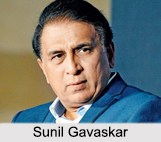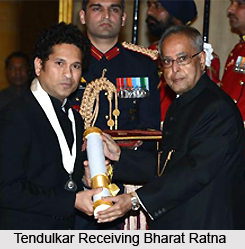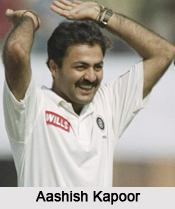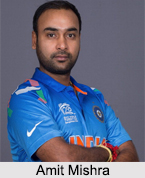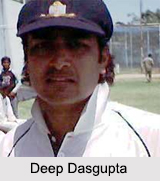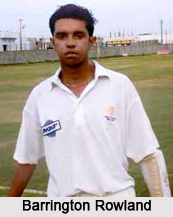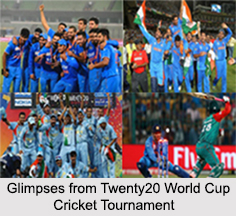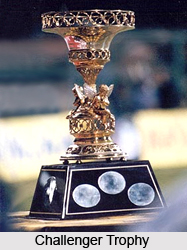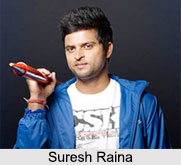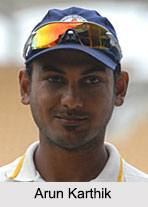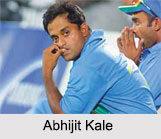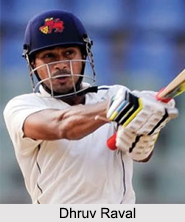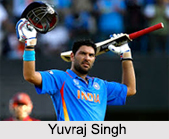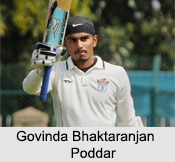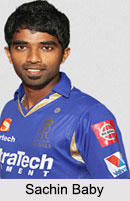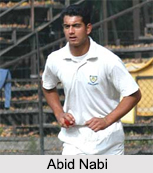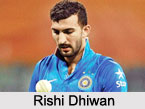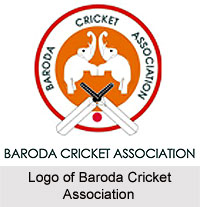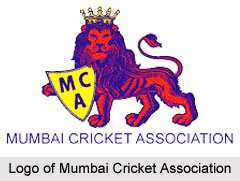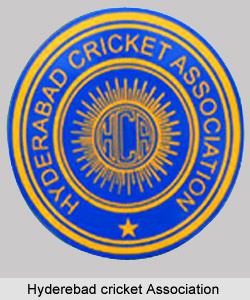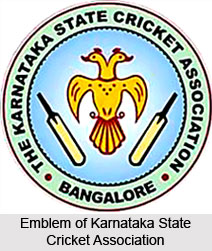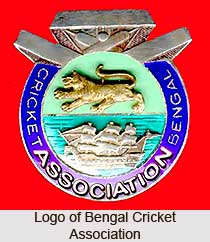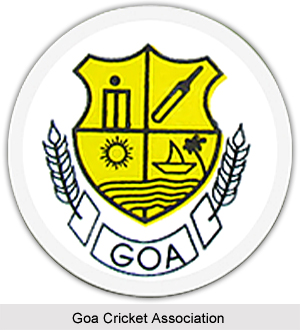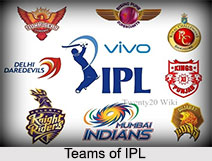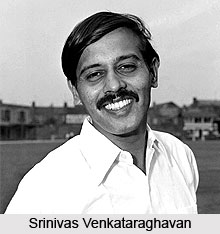 Srinivas Venkataraghavan, born on 21 April, 1945, in Madras, was an ex-Indian cricketer. He had also represented Derbyshire in English county cricket.
Srinivas Venkataraghavan, born on 21 April, 1945, in Madras, was an ex-Indian cricketer. He had also represented Derbyshire in English county cricket.
This dashing offspinner, happened to be one of the pillars of strength of the world-famous Indian Spin Quartet of the 1970s . The other constituent forces of this Quartet were, Bhagwat Chandrasekhar, Bishen Bedi, and Erapalli Prasanna.
This fascinating multi-tasker, Srinivas, was a good close fielder, a contributory lowerorder batsman and a calculative captain.
Srinivas, the born genius has command over academics, too. He has talent to emerge as a mechanical engineer by profession.His career in international cricket , spanned over one of the longest recorded durations, ranging from , February 1965 to 1983 .
His offspin delivery, used to perplex the opponent batsman at ease.
When Venkataraghavan was 20, he leaped into the limelight , as a Test cricketer, being selected, to play for India in the New Zealand tour. The outstanding performance in the series was enough to demonstrate him as a world class spinner. He plucked 12 wickets in the Delhi test , which paved India`s way to much-relished triumph. In the four tests , against New Zealand, he collected an aggregate of 21 wickets.
Srinivas, became the vice captain of the Indian squad that went for an expedition to the West Indies and England in 1970-71. India tasted red-lettered victory in both series . Venkat gained five wickets in the Trinidad test and 13 wickets in the three tests, that occurred in England. This man of mettle was entrusted with the grave responsibility of Indian captaincy, during the biggest phenomena in World cricket, the World Cup Championship, of 1975 and 1979 World Cup. He also supervised the Indian Team, in a four test series against England in 1979. In the sphere of domestic cricket, he played the role of the captain for South Zone and Tamil Nadu , for more than ten years.
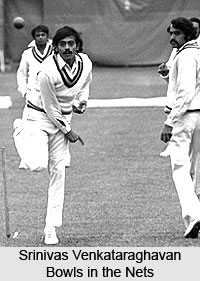 Venkat resigned from first-class cricket in 1985. His claim over 530 wickets is the second highest in Ranji Trophy history. He then entered the arena of cricket administration . His prime focus as an administrator , was upon the Indian Test cricket.
Venkat resigned from first-class cricket in 1985. His claim over 530 wickets is the second highest in Ranji Trophy history. He then entered the arena of cricket administration . His prime focus as an administrator , was upon the Indian Test cricket.
This illustrious cricketer , was awarded the epitome of respect, the Padma Shri in 2003.
Venkat`s first appearance as an international umpire , took place in the One-day International between India and England at Jaipur on 18th January , 1993. He also, projected himself as a Test umpire, for the first time, in the Test match between India and England, held at Kolkata . He secured a position of honour in the inaugural occasion of the International Umpire Panel , coming into existence in 1994. The ICC found him as a capable man. ICC, chose him as a regular umpire for test matches.
In 2002 the ICC founded an Elite Panel , consisting of the best eight umpires, all of whom was evaluated on the grounds of daily attendance in matches and adherence to umpireship duties in Test matches. Venkat was justly selected as a member of this Elite Panel . He stayed in office, till his retirement in 2004. This conferring of respect , speaks volumes, for his abilities as a umpire. The hallmark of his umpiring stature, involved his bent-elbow gesture for signifying out , and his swift as well as perfect decision-making power. The sanctity he maintained in his professional approach, potrayed him as a prestigious figure before the players and the spectators .
The attractions of his umpiring experiences , definitely covered 6 Ashes Tests and three World Cups in 1996, 1999 and 2003. In both the 1996 and 1999 tournaments he umpired semi-final. He was assigned the authority of the Third Umpire in the 1999 World Cup final between Australia and Pakistan at Lord`s.
On the whole, he had officiated in 73 Test matches and 52 One-day Internationals , throughout his umpiring job.
